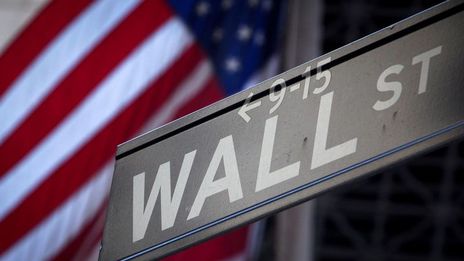By John Crawley
General Motors Corp
An industry priority is to speed up gasoline-electric hybrid development and introduce electric vehicles beginning in 2010 to better match cutting edge vehicle technologies now dominated by Japanese manufacturers.
Under the stimulus legislation, the government would provide $2 billion in grants and loan guarantees to help U.S. industries develop auto battery systems suitable for mass-market production and use.
"America should lead the world in transforming the way automobiles are powered," Democrats said in the bill that will be examined by various committees in coming weeks. The package of $825 billion in tax cuts and spending must be debated in both the House and Senate, and Democrats hope to have a final version to send to the White House by mid-February.
Some lawmakers hope to include in the final bill a consumer incentive, dubbed "cash for clunkers", that would offer up to $4,500 toward the purchase of a new, less-polluting vehicle.
Smaller U.S.-based companies are also vying for business in the electric vehicle market that is expected to grow quickly, including start-up Tesla Motors Inc and Bright Automotive.
Another stimulus provision calls for government to spend $600 million to replace older, less efficient vehicles with cars and trucks that run on alternatives to gasoline. This could include products made primarily from ethanol, a corn-based fuel.
GM and Chrysler, however, would not be eligible for any tax breaks under the stimulus package because they received a $17.4 billion government bailout in December.
AIRLINES, RAIL
The Democrats' stimulus proposal also included government spending to help air and rail transportation.
Amtrak would receive $1.1 billion to improve the speed and capacity, and address some of the $10 billion capital improvement backlog on the railroad's flagship Northeast Corridor line between Washington, New York and Boston.
Airlines would also benefit from $3 billion in airport improvement projects to reduce congestion, a major problem for busy airports in the East and Midwest.
The bill would spend $500 million for the government to buy more explosive detection technology for passenger and baggage screening at U.S. airports. Specific systems were not identified in the bill but leading providers are General Electric Co
(Reporting by John Crawley)

 By
By 























